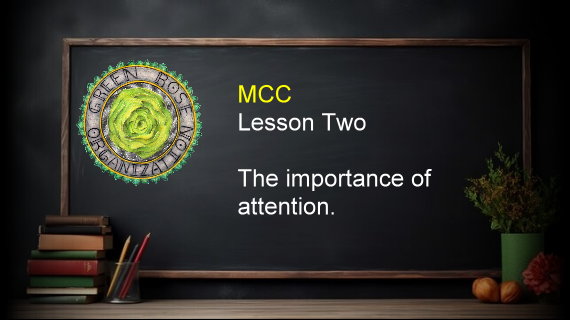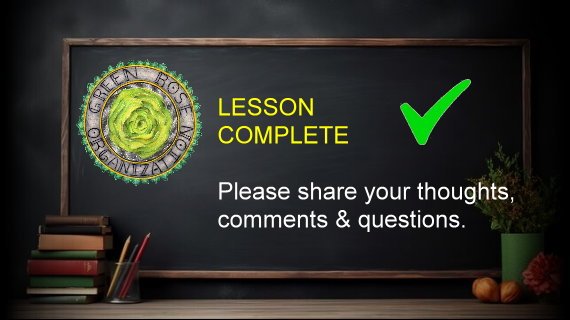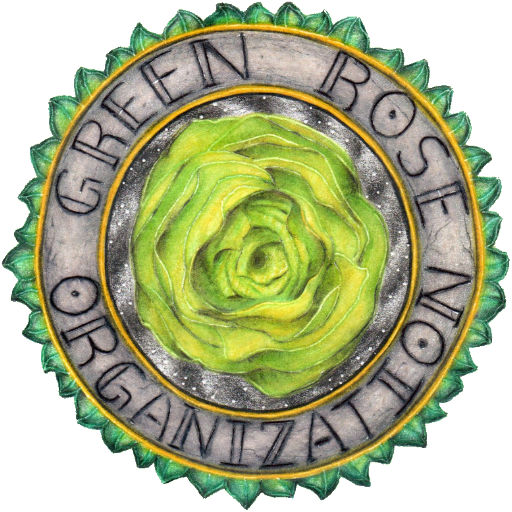
THE IMPORTANCE OF ATTENTION
UNDERSTANDING ATTENTION AND WHY IT IS IMPORTANT
Attention is the cognitive process of selectively concentrating on specific information while ignoring other stimuli. It acts as the brain’s spotlight, enabling us to focus on what’s most relevant in a given moment. Attention can be directed voluntarily, like when you choose to focus on reading a book, or involuntarily, like when a loud noise captures your focus. Types of Attention 1. Selective Attention: Focusing on one stimulus while filtering out others (e.g., listening to a friend in a noisy room). 2. Sustained Attention: Maintaining focus over time (e.g., working on a lengthy task without distractions). 3. Divided Attention: Splitting focus between multiple tasks (e.g., talking while driving). 4. Alternating Attention: Shifting focus back and forth between tasks (e.g., answering emails while attending to a meeting). Why is Attention Important? 1. Enhances Perception and Learning: Attention allows us to process information deeply, enabling effective learning and understanding. 2. Facilitates Decision-Making: By focusing on relevant factors, we can make informed and thoughtful choices. 3. Supports Memory Formation: Attention is crucial for encoding information into memory, impacting how well we recall experiences later. 4. Drives Productivity: Concentrated attention helps in completing tasks efficiently and with greater accuracy. 5. Improves Emotional Regulation: By directing attention to calming or positive thoughts, we can better manage stress and emotions. 6. Strengthens Relationships: Giving someone your undivided attention shows empathy and fosters trust in interpersonal interactions. Philosophically, attention can be seen as a tool for living deliberately, allowing us to align our actions with our values and goals.
8 WAYS TO BEGIN STRENGTENING YOUR CAPACITY FOR ATTENTIVENESS
Strengthening attention involves cultivating habits and practices that improve focus and reduce distractions. Here are practical steps to begin: 1. Mindfulness Practices—Engage in activities like meditation or deep breathing to train the mind to stay present. Start with short sessions and gradually increase duration as your focus strengthens. 2. Limit Distractions—Create an environment conducive to concentration—reduce noise, clutter, or digital interruptions. Use tools like app blockers to minimize distractions from technology. 3. Set Clear Goals—Break tasks into manageable steps and focus on completing one step at a time. Prioritize what’s important to maintain focus on your objectives. 4. Practice Attention Exercises—Try exercises like the Pomodoro Technique: Work intensively for 25 minutes, then take a 5-minute break. Use focus tools, such as paying attention to details in your environment or noticing your breath. 5. Cultivate a Healthy Lifestyle—Get adequate sleep, as rest restores cognitive resources crucial for attention. Stay physically active—exercise has been shown to improve brain health and focus. Eat a balanced diet to maintain steady energy levels and mental clarity. 6. Embrace Single-Tasking—Avoid multitasking—dedicate full attention to one activity at a time to enhance efficiency. Gradually train your brain to focus fully, even on mundane tasks. 7. Manage Stress—Practice relaxation techniques like yoga or journaling to avoid stress-induced attention difficulties. Create routines to add predictability to your day, reducing mental load. 8. Develop Awareness—Periodically check in with yourself to notice when your mind wanders and gently redirect focus. Journaling about moments of distraction may reveal patterns that can be addressed.

